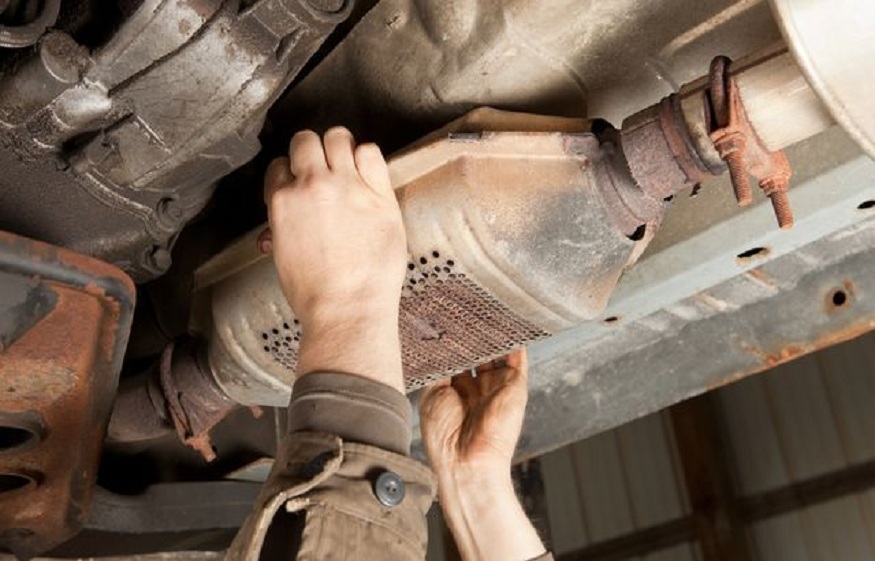A catalytic converter is an exhaust emission device that turns pollutants and toxic gases from a combustion engine into less harmful pollutants by catalyzing redox reactions. This converter makes the car’s harmful emissions safer for our health and is found beneath the vehicle.
The catalytic converter is crucial in an automobile since it prevents environmental harm. These converters are available in different types; oxidation and reduction catalysts, and below, we discuss everything you should know about them.

How a Catalytic Converter Works
The catalytic system is complex, and you require much time to understand it well. The catalytic is mainly in the form of palladium and platinum and is coated using ceramic beads attached to the exhaust.
The catalytic instrument then turns carbon monoxide into carbon dioxide. This converter also converts hydrocarbons to water and carbon dioxide, making it an integral part of your car. Catalytic converters turn nitrogen oxides back into oxygen and nitrogen.
These items are integral to your car’s setup since they prevent it from releasing excess emissions.
What Signifies a Faulty Catalytic Converter?
Initially, the catalytic converter was located close to the engine since it needed high heat. However, this caused a significant issue called vapor lock that turns car fuel into gas. This is not a safe thing and releases a bad smell.
Perfectly working catalytic converters prevent these issues, and you will not detect this smell. However, drivers are advised to look for the following things as they signify a faulty catalytic converter. Kindly consider the following things to avoid a catalytic converter replacement.
1. Poor Engine Performance
This is the main sign of a faulty catalytic converter. A poorly working engine suggests a faulty catalytic converter, and you should contact your mechanic immediately. Clogged converters restrict your car’s engine flow, thus, causing acceleration issues.
These issues affect your engine’s performance and can cause harm if not solved. The engine might also misfire, a huge health concern.
2. Rattling Sounds
Drivers are advised to always look out for rattling noises as they indicate a huge converter issue. Remember, the coated honeycombs inside the converter break apart when the converter gets spoiled internally.
This damage causes a rattle, and the noise is more audible when you start the car.
3. Flashing Engine Light
Most catalytic converter problems make the engine light flash, and you should always be on the lookout. The air-fuel and oxygen ratios monitor the converter’s efficiency, and they will make the engine light flash if it is not in the best state.
The engine light suggests many other issues, but you should check the thermostat when you notice it. Drivers are advised to look after their catalytic converters as most thieves target them. These converters are in high demand since they are made using gold, rhodium, or platinum.
Looking after the convertor is crucial since drivers are left with damaged fuel lines.
Final Thoughts
Catalytic converters are essential in your car setup, and the above article has discussed all you should know about them. Kindly reach out for more information.
